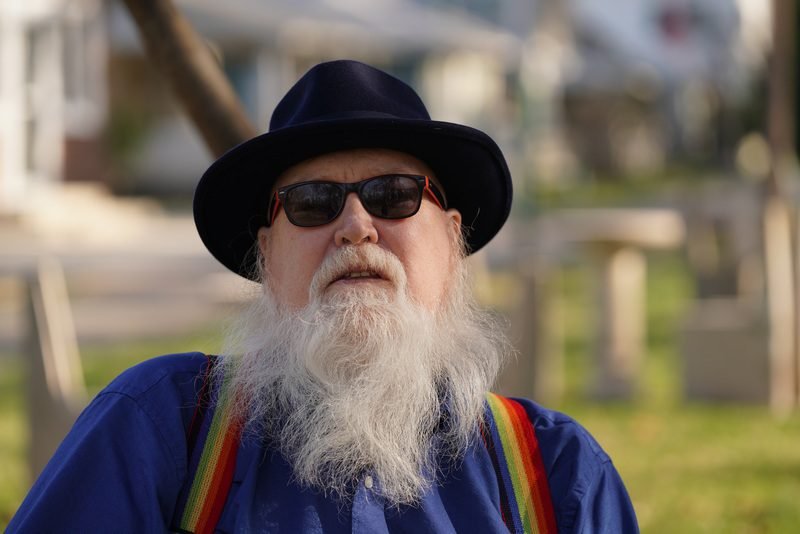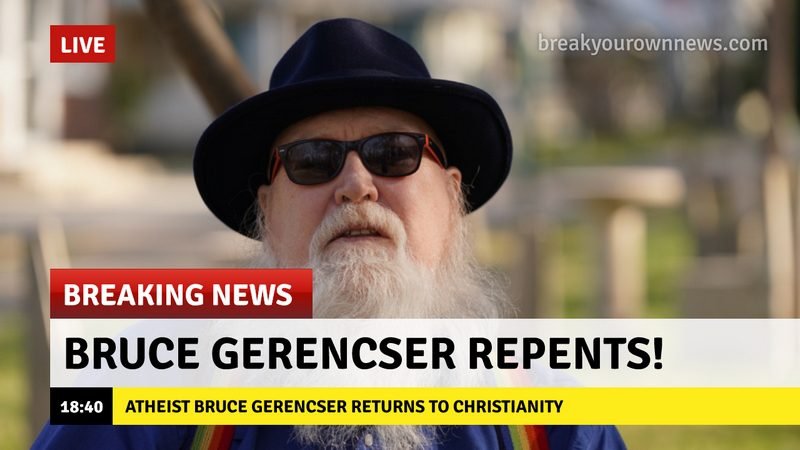
Guest post by MJ Lisbeth
In 1968, I served at the funeral mass for someone who was killed in Vietnam. I knew him fairly well: He was the older brother of a classmate in the Catholic school I attended.
Though people said I was a “smart” kid I couldn’t, for the life of me, understand what my classmate’s brother was doing in a country none of us would have heard of had young men like him not been sent there. I tried to understand the explanations I heard from adults in my family, school and church, and in the media. The word “domino” often came up: supposedly, Vietnam was one. According to that narrative, if the country fell to the Communists, others would follow.
I don’t have the expertise, or the inclination, to debate such a theory. What I am willing to say is that another “domino” phenomenon may be at work today, half a century later. And I must say that I am glad to see the fall of the “tiles” I’m about to describe.
For a millennium after Roman Empire disintegrated, the Roman Catholic Church exercised power that’s hard to imagine today if you’re not living in a theocracy. The monarchs of Europe “reported,” if you will, to the Pope, so a challenge to royal authority was, in essence, an attack on the Church. That is why Henry VIII’s “divorce” from the Church and the French Revolution were such cataclysmic events. Henry, in breaking away from the church and starting his own when the Pope wouldn’t grant him an annulment, effectively declared himself the Pope of England (to this day, the Queen or King is the Head of the Church of England, a.k.a. Anglican Church); when French revolutionaries lopped off the heads of their monarchs and nobles, they were effectively cutting themselves off from ecclesiastical authority, which was intertwined with their class system.
From there, the Church’s influenced weakened, however gradually: France and other countries passed laws that eliminated or limited religion from politics and other public discourse. In a few countries, however, the Church continued to exert its authority. Among those countries were Spain, Ireland and Poland, all of which were known, until recently, for their staunch Catholicism.
One could argue that in Spain, the unhooking of the Church from the nation’s culture and politics began in the late 1970s, after the death of Generalissimo Francisco Franco, who maintained nacionalcatolicismo as part of his dictatorial system. Today, while most Spaniards are at least nominally affiliated with the Church (it doesn’t let go of you easily!), they—especially the young—attend mass at rates on par with their peers in the Netherlands and Norway, which aren’t exactly known as ramparts of religiosity. (But, hey, they’re ahead of the UK, France, Germany, the Czech Republic, and Estonia!)
Ione Belarra is the Spanish Minister of Social Rights and the 2030 Agenda. Three weeks ago, she made her debut in Parliament. She wasted no time in expressing what too many of us have known and borne in silence. “It must be said that the Catholic Church has been and accomplice too many times in this country,” she pronounced. The Church has been “covering up sexual violence against children,” she elaborated. Such a denunciation of the Church would have been unthinkable a generation ago and possibly fatal a generation before that. Where it will lead, I don’t know, but I don’t think Spain will return to being the sort of country that got a special dispensation from the Pope Urban II for its role in the Crusades, or even the one whose “neutrality” in World War II was protected by Franco playing nice with Hitler and Mussolini.
In Ireland and Poland, Catholic domination of culture and politics endured a bit longer, in part because Catholicism served as a touchstone of identity as those countries were subsumed by colonial powers (England in Ireland and Prussia, Germany and the Soviet Union, among others, in Poland) that tried to erase all vestiges of their culture, including their language.
It’s been said that the first crack in the Berlin Wall opened when a shipyard electrician in Gdansk—guided, he claimed, by his Catholic faith—organized a strike that challenged the Communist regime in Poland.
Lech Walesa would later serve as the first President of his newly-independent country. In that post, and in his life afterward, he fought to liberalize the economy and protect human rights—of some humans, that is. While presiding over his country, he signed a law that sharply restricted abortion rights and said, of LGBT people, that he didn’t “wish for this minority,” which he “tolerates and understands” to “impose itself on the majority.” That’s the sort of language you hear from conservatives who don’t want to sound like bigots but who see equality as “special treatment.” Also under his presidency, publicly-funded catechism classes were introduced in the country’s state-run schools.
His expressed views on LGBT rights have moderated, which may reflect another change underway in Polish society, particularly among the young. In the most recent census, 96 percent of Poles were identified as Roman Catholics. While they attend church at higher rates than in other countries such as neighboring Czech Republic (which has one of the world’s lowest church attendance rates), if pressed, many—especially the young—find other things to do with their Sunday mornings and say they were “raised” Catholics but hedge, or give negative answers when asked about their current church affiliation. And, as in other countries, some claim to attend church more often than they actually do.
Activists contend that many people are counted as “Catholic” because they tick the box without thinking or because other people, such as their parents, fill out the forms for them. Now the “Chce sie liczyc” (“I Want To Count”) campaign seeks to encourage Polish people to think about their identity and, if they are so inclined, choose other answers such as “Christian,” “Deist,” or “Atheist.” That previous census counts presented a “very monolithic and homogenous Poland,” in the words of campaign leader Oskar Zyndul. That gave governments since Walesa’s the rationale—however unjustified—for passing and enforcing laws that restrict abortion access, in vitro fertilization, and LGBT rights, in contrast to the wishes of increasing numbers of Poles.
Could Poland join other former Catholic bastions like France, Spain, Belgium and Ireland, which have legalized same-sex marriage and removed most or all restrictions against abortion? If we look at the Irish Republic, such a scenario in Poland may not seem so far-fetched. In 2015, the country James Joyce described as a “sow that eats its young” became the first in the world to legalize same-sex marriage by popular vote. (Other countries and US states had mandated marriage equality through executive decrees or votes by legislative chambers.) Three years later, it finally lifted its ban on abortions. That same year, Pope Francis’s visit wasn’t greeted with anything like John Paul’s visit some four decades earlier. And pundits, Catholic and secular alike, talk about the “waning influence” or even “demise” of the Church in Ireland.
Ireland, like Spain and Poland, has been convulsed by revelations of decades, or even centuries, of priests sexually abusing children and all sorts of other horrors in Catholic monasteries, orphanages and hospitals. And the young, with more formal education and access to information and contacts with people who look, speak, dress, eat and worship—or not—differently from themselves—simply have less use for the Church than their parents or grandparents had. Those countries might be the next Catholic “dominoes,” and any attempt to stop their “fall” will be as futile as the efforts—and lives, like that of my classmate’s brother— expended to keep Vietnam from becoming a “domino” in another game.
Bruce Gerencser, 68, lives in rural Northwest Ohio with his wife of 47 years. He and his wife have six grown children and sixteen grandchildren. Bruce pastored Evangelical churches for twenty-five years in Ohio, Texas, and Michigan. Bruce left the ministry in 2005, and in 2008 he left Christianity. Bruce is now a humanist and an atheist.
Your comments are welcome and appreciated. All first-time comments are moderated. Please read the commenting rules before commenting.
You can email Bruce via the Contact Form.








